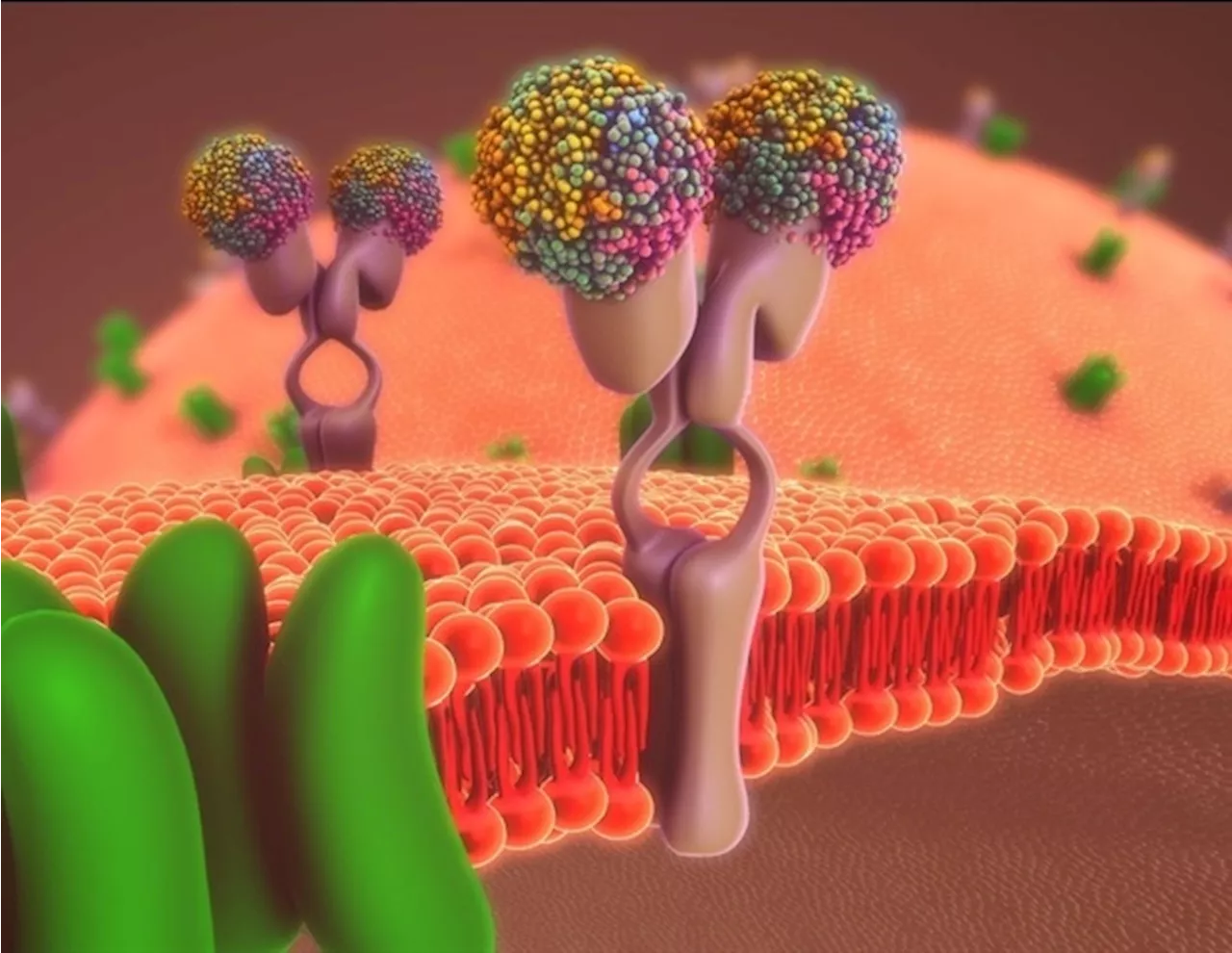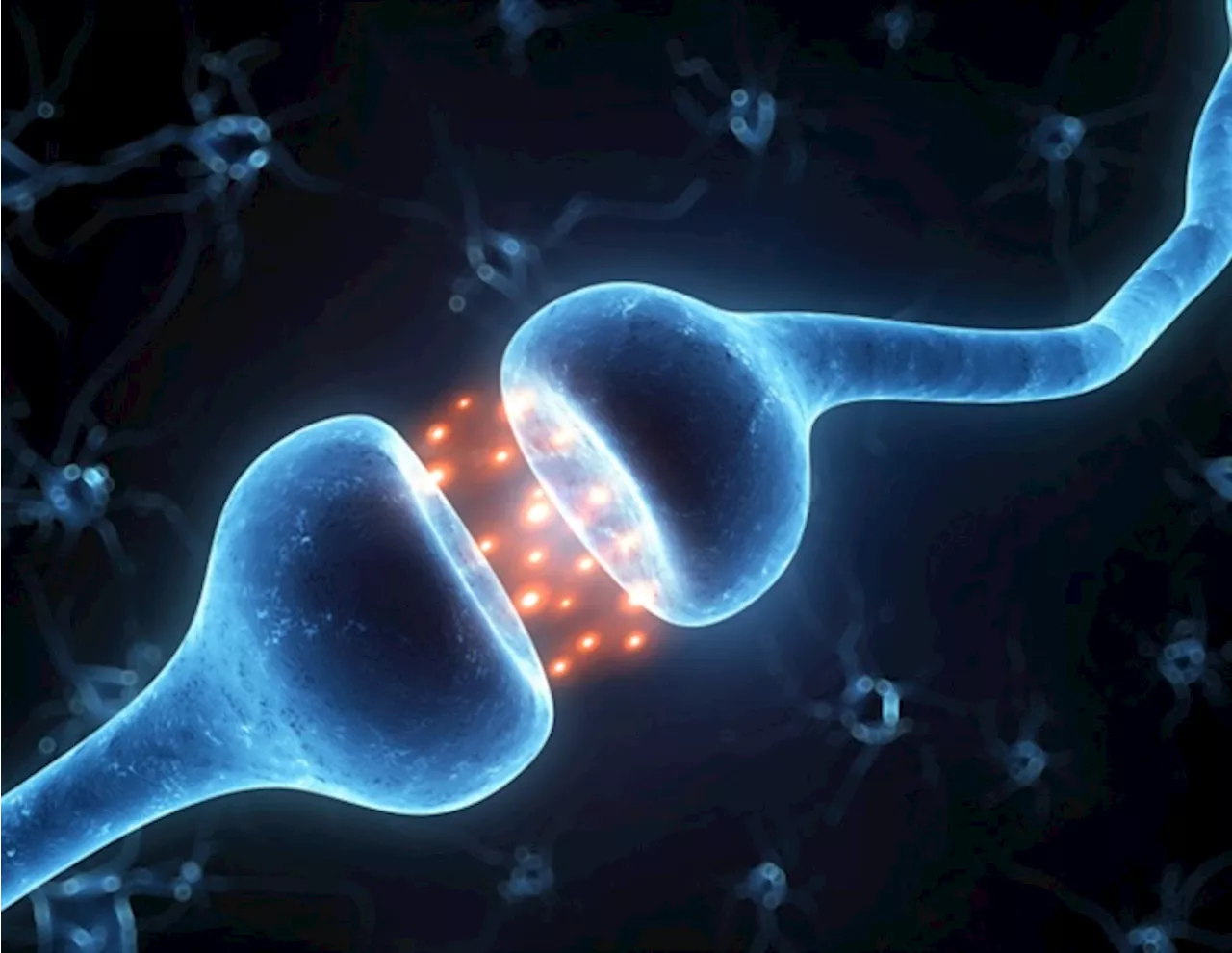Research shows that increasing the plant-to-animal protein ratio in diets may lower cardiovascular disease and coronary artery disease risks, excluding stroke.
By Dr. Priyom Bose, Ph.D.Reviewed by Danielle Ellis, B.Sc.Dec 6 2024 A higher plant-to-animal dietary protein ratio is associated with lower risks of cardiovascular disease and coronary artery disease , but not stroke
Research has not yet documented the optimal ratio of animal and plant protein intake in the diet for CVD prevention. The lack of evaluation of the optimal ratio has led to an absence of recommendations concerning the relative contribution from these sources of protein. Therefore, public health guidance on protein sources can be refined by assessing ratios of the plant-to-animal protein.
CVD was defined as a composite of CAD, incident non-fatal myocardial infarction , and fatal and non-fatal stroke. Death was confirmed by the National Death Index, relatives, or postal authorities. An array of covariates was considered, including medical history, family history, lifestyle, reproductive factors, medication use, and so on.
Concerning the dose dependence, a significant risk reduction was noted early in the dose-response curve, followed by more gradual reductions. For stroke, no evidence of linear or nonlinear associations was noted. When higher P: A ratios were combined with higher protein density, the inverse associations with CVD and CAD were stronger. The results were largely consistent in sensitivity and sub-group analyses.
Heart Disease Protein Stroke Cardiovascular Disease Coronary Artery Disease Diet Food Nutrition Research
United Kingdom Latest News, United Kingdom Headlines
Similar News:You can also read news stories similar to this one that we have collected from other news sources.
 Research shows 'Alzheimer's in a dish' model can accelerate drug discoveryA decade ago, researchers introduced a new model for studying Alzheimer's disease. Known as 'Alzheimer's in a dish,' the model uses cultures of mature brain cells suspended in a gel to recapitulate what takes place in the human brain over 10 to 13 years in just six weeks.
Research shows 'Alzheimer's in a dish' model can accelerate drug discoveryA decade ago, researchers introduced a new model for studying Alzheimer's disease. Known as 'Alzheimer's in a dish,' the model uses cultures of mature brain cells suspended in a gel to recapitulate what takes place in the human brain over 10 to 13 years in just six weeks.
Read more »
 Research paves the way for genetic control of disease-spreading ticksResearch collaboration by the Texas A&M Department of Entomology and the U.S. Department of Agriculture, USDA, creates potential for genetic tools to control disease-spreading ticks.
Research paves the way for genetic control of disease-spreading ticksResearch collaboration by the Texas A&M Department of Entomology and the U.S. Department of Agriculture, USDA, creates potential for genetic tools to control disease-spreading ticks.
Read more »
 Fossil fuel industry influences medical research, raising ethical concernsAn investigation published by The BMJ today reveals the extent of fossil fuel industry involvement in medical research, leading to fresh calls for academics and publishing companies to cut ties with companies.
Fossil fuel industry influences medical research, raising ethical concernsAn investigation published by The BMJ today reveals the extent of fossil fuel industry involvement in medical research, leading to fresh calls for academics and publishing companies to cut ties with companies.
Read more »
 How advanced FMT assays drive innovation in researchNew FMT assays are being developed that can boost innovation and streamline research processes.
How advanced FMT assays drive innovation in researchNew FMT assays are being developed that can boost innovation and streamline research processes.
Read more »
 Research sheds light on how fat cells safely enlarge to store energyA team at the Centro Nacional de Investigaciones Cardiovasculares (CNIC), led by Professor Miguel Ángel del Pozo Barriuso, who heads the Mechanoadaptation and Caveolae Biology group at the CNIC, has identified an essential mechanism in fat cells (adipocytes) that enables them to enlarge safely to store energy.
Research sheds light on how fat cells safely enlarge to store energyA team at the Centro Nacional de Investigaciones Cardiovasculares (CNIC), led by Professor Miguel Ángel del Pozo Barriuso, who heads the Mechanoadaptation and Caveolae Biology group at the CNIC, has identified an essential mechanism in fat cells (adipocytes) that enables them to enlarge safely to store energy.
Read more »
 Research highlights long-term health effects of hormone therapy in transgender individualsNew research from Karolinska Institutet shows that long-term sex hormone treatment in transgender individuals can lead to significant changes in body composition and risk factors for cardiovascular disease, particularly in transgender men.
Research highlights long-term health effects of hormone therapy in transgender individualsNew research from Karolinska Institutet shows that long-term sex hormone treatment in transgender individuals can lead to significant changes in body composition and risk factors for cardiovascular disease, particularly in transgender men.
Read more »
